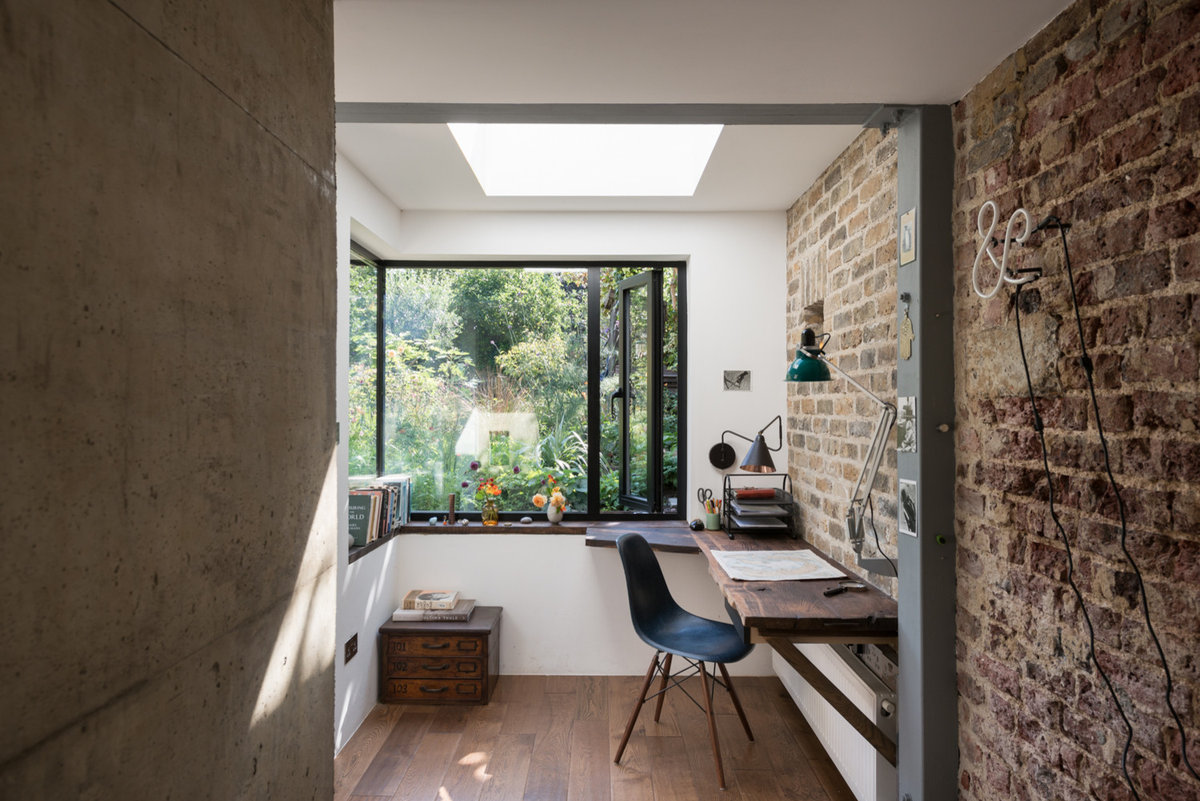Time Management Tips for Small Business Owners That Actually Work
Follow these suggestions to help you manage your time more efficiently – and boost your productivity
Ever feel like you’ve got too much to do and not enough time to do it? As a small-business owner your time is probably divided by managing all aspects of your firm, and you might feel that you’re simply stretched too thin. Take a look at these tips to help you effectively hone your time management skills and increase your productivity.
Log your time
If you’re wondering where the time goes, it’s a good idea to make a diary of how you spend your day, logging all the activities you do, and detail how much time you spend doing each one. This will help you identify tasks you spend longer on than others. Look at those tasks and ask yourself how productive the time spent on them actually is. Are you spending too long on activities that don’t produce effective results.
Rebecca Alexander, executive coach at The Coaching Studio, advises, “It’s often useful to compare your tasks from the start of the week with what you’ve managed to achieve by the end of the week. If there’s a consistent gap between the tasks you’re setting yourself and what you’re achieving, it’s time to identify whether you’re setting yourself too much, whether you’re spending time on things you don’t need to, or if ordinary tasks are taking you too long because of a lack of confidence, resources or motivation. Whichever of those three it is (and it might be more than one), make a plan for how to tackle it, try your plan out for a fortnight and then evaluate what’s worked.”
An easy way to log your time is by using Houzz Pro's Time Tracking tool, which you can use on the go to easily keep an eye on your workload.
Try the Pomodoro Technique
If you’re finding it difficult to focus on particular jobs, try a system that was developed by Francesco Cirillo and based on a tomato-shaped timer that he used to get his tasks completed. Choose a job you want to get done, and tell yourself you will focus entirely on that task for 25 minutes. Set the timer and get to work. When the timer rings, give yourself a big tick and go and take a small break – make yourself a cup of tea, take a quick walk or do some stretching exercises. When you’ve completed four ‘Pomodoros’ it’s time to take a longer break (20 minutes is good). During this time your brain can relax and absorb new information before you start the next round of Pomodoros.
Write a realistic to-do list
Compiling a to-do list every day before you start work is crucial, as it will help you to set clear goals for the day and improve productivity. When you write out your list it’s a good idea to put the items in order of importance – this will help you establish which jobs really have to be done today, and which ones can move over to tomorrow’s to-do list if necessary. Be realistic about what you can actually get done in one day, and perhaps break down larger jobs into smaller tasks to make them less overwhelming. An ambitious list that can’t be completed by the end of the day will be demotivating and sap your energy.
Alexander says, “The one thing you should always include is an ‘Important, Not Urgent’ section. These are the tasks that might be very important in the medium to long-term, such as finding a new supplier, planning next year’s marketing, writing a recruitment plan, but which don’t seem urgent now and so get put off by ‘busy’ work that is urgent, but not that important. Time management experts think we spend far too much time on ‘Urgent, Non-Important’ tasks and less than 10% of our time on ‘Important, Not Urgent’ tasks.”
Delegate tasks
As a small-business owner you have to wear many hats and you might think you don’t have the resources to get others to share the workload, but in fact that could be a false economy. Identify those jobs you’re not that good at and see if there’s a way to offload them to a professional
“If you try to do it all, you won’t be able to manage your time effectively during busy periods,” says Jennifer Chong, interior design project manager at Feioi. “It’s worth delegating tasks that you don’t enjoy or aren’t good at to professionals who are better and faster than you. This could be accounts, marketing, technical drawings, social media or small admin jobs. Outsourcing these jobs gives you more time to focus on the work you want to be doing and makes your business more efficient. This allows you to take on more work and ultimately will make your business more successful.”
Cut down on the multi-tasking
How many times have you tried to do more than one job at the same time? We’ve all been there – we’ll be in the middle of writing a presentation or report when an email query comes in that we decide to deal with right then and there, or perhaps we decide to spend some time during a webinar putting together a spreadsheet.
“Don’t open your email account as soon as you arrive at work,” says Alexander. “If you have something important to do, tackle it the minute you get into the office, and, crucially, before you open your email. That early extra hour can be a golden time to get things done. We tend to think we’ll check emails or voicemails for five minutes, but then we get sucked into whatever those messages throw up and before you know it two hours have gone by and your important task isn’t even started. If you delay opening your email for an hour you will get a huge amount tackled and – let’s be honest – most emails can wait for an hour before you respond.”
A study found that multi-tasking reduces productivity by 40%, so instead of trying to do umpteen things at the same time organise your day into time slots where you can focus on each particular job with no distractions.
Identify your peak times
When do you do your best work? Perhaps you have loads of energy to focus on tasks in the morning, or maybe you have a boost in the afternoon or evening. Where you can, schedule your most challenging or important tasks during your peak-performance times.
Don’t over schedule
Having an organised plan for your day is the best way to improve your time management, but do remember to allow space for the unexpected. After all, there are always unscheduled tasks that come along and you need to be able deal with them just as efficiently as those jobs you’ve already factored into your diary. Fortunately, by being organised with your time and using some of the techniques mentioned above you’ll hopefully find that you have freed up more opportunities to be spontaneous.










